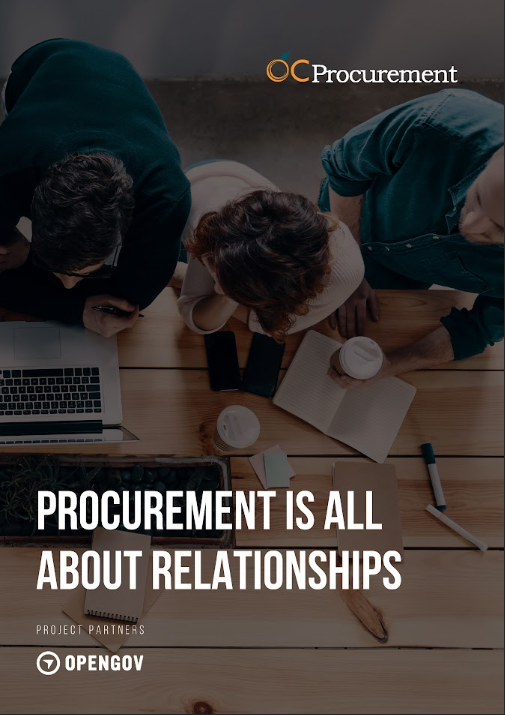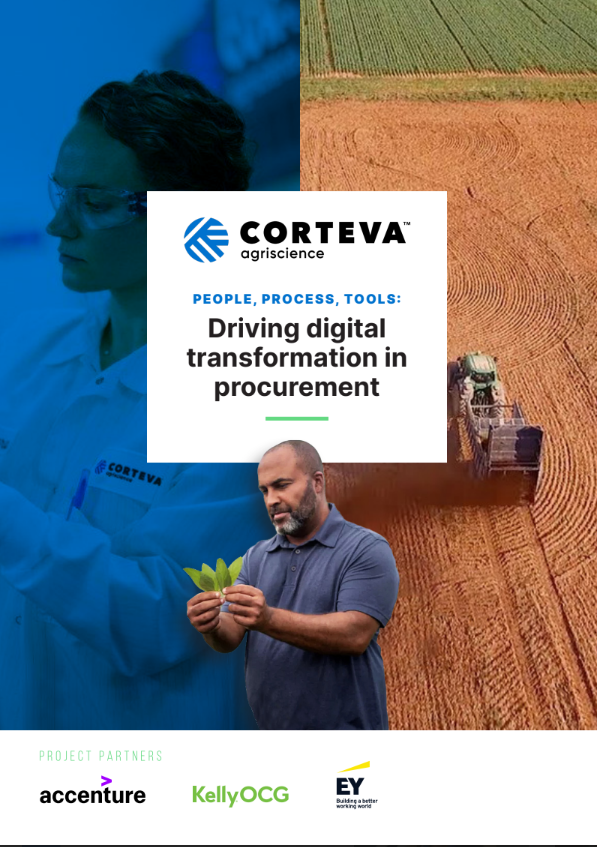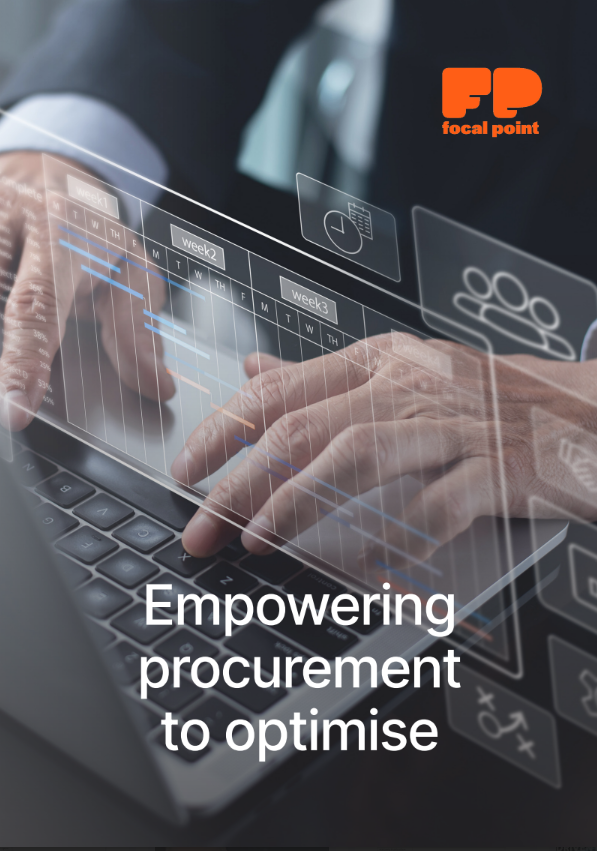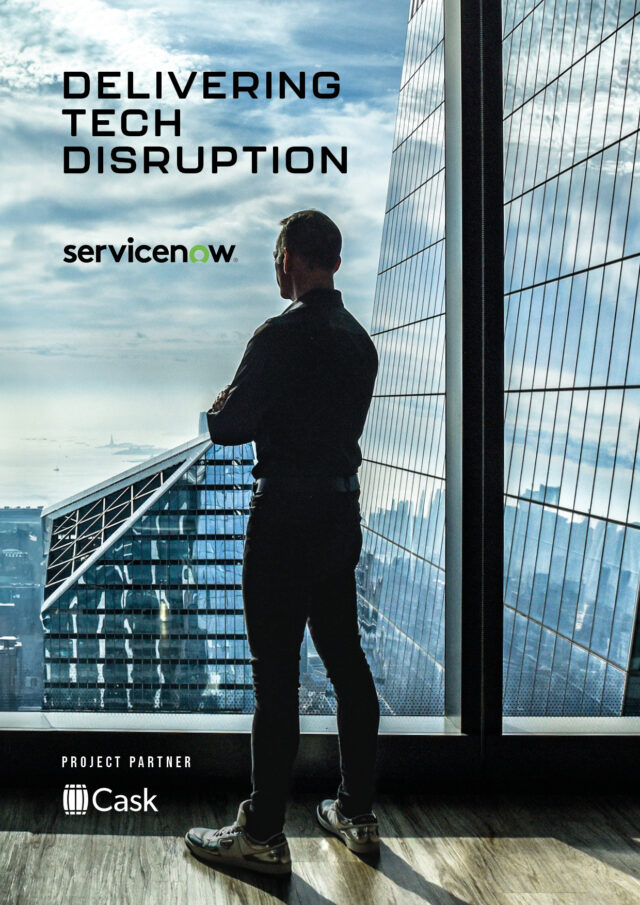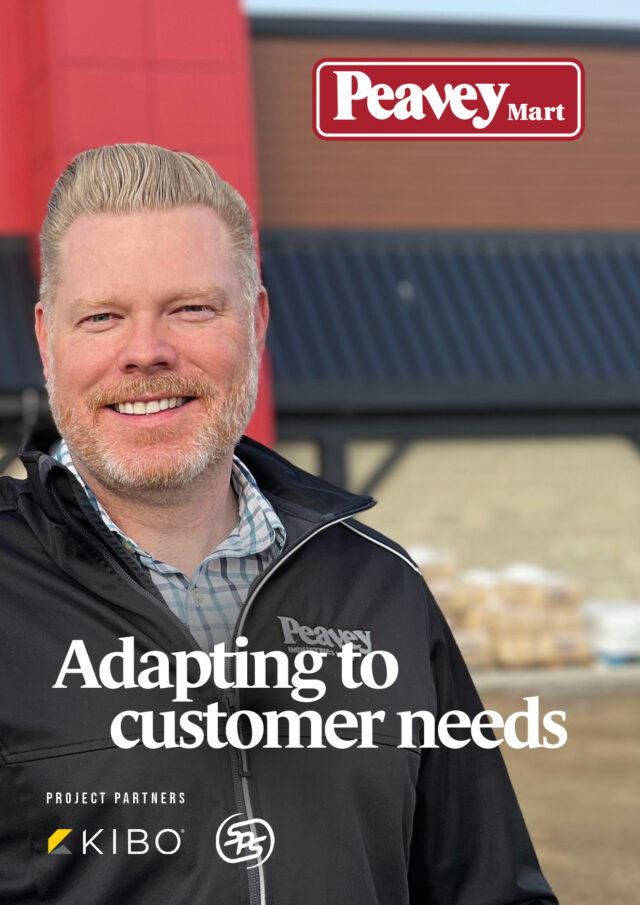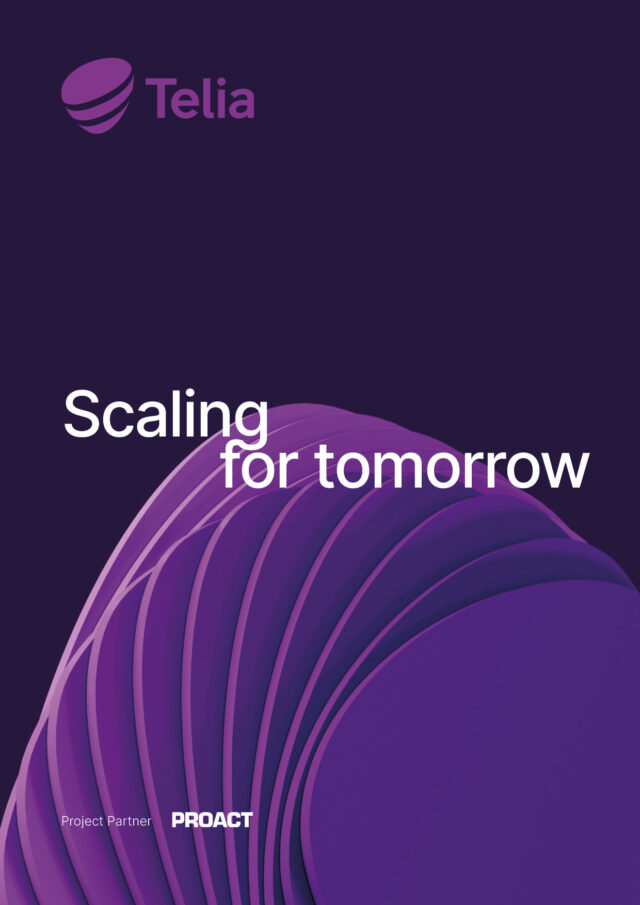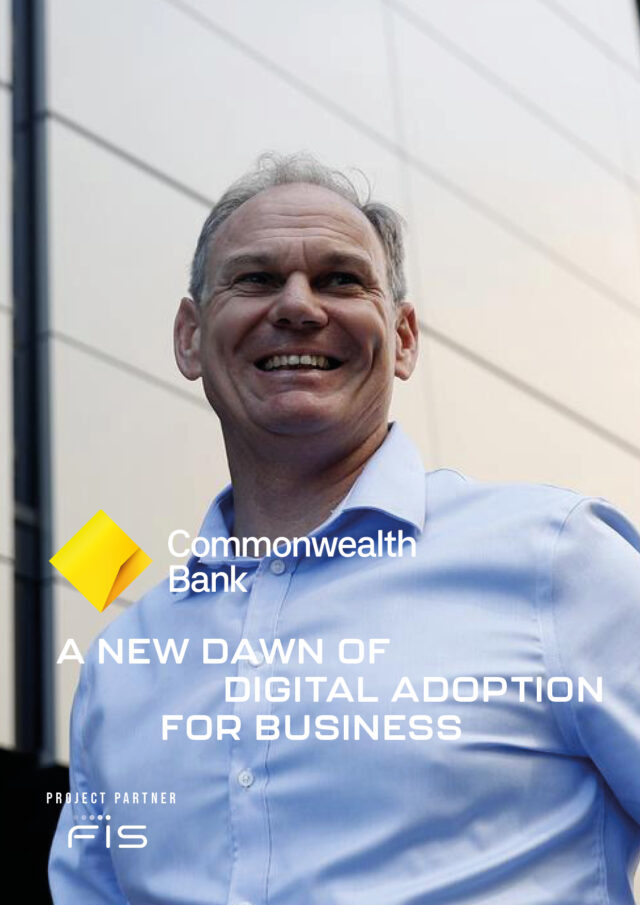Digital disruption and the concept of digital transformation is a conversation being had the world over, in every industry. Organisations and individuals are, and have been for a number of years, investing in transformation in order to embrace the new digital world. This, understandably, can cause fear and reticence as these businesses face numerous challenges and shifting market dynamics that force them to play their hands in fear of losing out to competitors and worse, losing relevance to customers.
In the Philippines, one such company has grabbed the reigns of digital transformation and digital banking and established itself as a true leader in the information age. UnionBank is one of the largest banking institutions in the Philippines and has continuously positioned itself as a leading digital bank to best serve the growing needs of Filipinos everywhere. The company’s very own President and Chief Executive, Edwin Bautista, said it best himself when he proudly acknowledged that UnionBank is leading the way in the digital conversation in the Philippines. “We were the first Philippine bank to make a big bet on digital transformation,” says Bautista. “Everyone talked about it, but we were the first to put our money where our mouth was. At first, we did it out of fear of digital disruption, but now we’re seeing ourselves as a disruptor too; and given our lead in this area [we have a chance to] leapfrog the competition.”
Through its digital transformation strategy, UnionBank continues this big bet on digital transformation as it looks to deliver superior customer service to the digitally enabled customers of today, and play a key role in the Philippines’ push to be a G20 country by 2050 and truly power the future of banking. In recent years, the banking and financial industry within the Philippines has changed dramatically and in turn, this sparked the initial discussions around digital transformation for UnionBank. This also falls in line with the broad ambition of the Bangko Sentral ng Pilipinas (BSP), the central bank of the Philippines, that looks to raise the volume and value of electronic transactions in the country from its present “negligible” level of 1 percent of all transfers to 20 percent by 2020.
“The banking industry in the Philippines is dominated by maybe a few major players holding the largest market share in terms of traditional banking. And there has been little innovation, I would say, prior to the entrance of fintech into the country in recent years,” explains Ana Delgado, Chief Customer Experience Officer and Head of Consumer Finance at UnionBank. “The introduction of fintech has really forced the banks to rethink their strategies and rethink their relevance. What they’ve changed in the customer’s mind, is this notion that banking has to be something tedious and that is difficult and not everybody is eligible to be part of the banking system. They’ve democratized payments, so access to financial services is now proving that it can be an easy experience and that it can be available to most, if not all.”
At the very start of the transformation journey, UnionBank recognized that it needed to redefine its customer service function and its technology enablement. This is where Delgado joined the business, as she was asked to establish a customer experience practice in the bank. Over the last four years, this experienced team has evolved dramatically from an initial roster of four to 24 people that now covers all things digital including UX, UI, marketing and web development. Working alongside Delgado and driving this transformation is Dennis Omila as Chief Information Officer and Henry Aguda as CTO, CTOO and Chairman of UBX – UnionBank’s fintech division. While Delgado has worked with UnionBank for a number of years, both Omila and Aguda come from the telco industry, something that Delgado thinks speaks volumes as to need to bring different experience and skill sets into the organization as it looks to cement its position as a true digital leader in banking. “When we started the digital transformation, we actually recognized that since our competitors were fintech and technology companies, we needed to change the talent set in the bank and we couldn’t do this on our own,” says Delgado. “Hiring people from various backgrounds, specifically telco, the tech companies, data analytics was crucial and it continues to be crucial in our journey because if you think like a banker, or if we continue to just think like bankers, we would never take the risks that we’re taking.”
Omila agrees with this sentiment: “When we came in as new talents, there was a great deal of respect for the experience and depth in terms of the expertise of existing people within the business. So, it’s not like we came in with the mentality that we’re the ones that are going to transform you,” he says. “We needed to collaborate and respect the depth of the experience of people within the bank, but at the same time, leverage on things that we’ve been exposed to in our respective industries. We really provided a lot of respect to the different perspectives and we made use of that.”
Aguda leads the fully owned subsidiary called UBX. UBX, as Aguda describes, is “technically a tech company”. Incorporating another company, UBX acts as UnionBank’s technology arm, and this subsidiary is made up of people and talents from a number of different industries and this allows the company to take, as Delgado states, “calculated risks.” “When I say risk, I mean the risk that involves changing the business model and changing the expectations of our customers for banking,” she says. “We’re trying to rewrite what banking means. Frankly, in our customer’s eyes, banking is a tedious and painful experience and we also believe that it does not have to be. In fact, it can be a delightful experience and that’s what we’re trying to achieve and UBX and the varied skill sets in our organization enable us to do that.” These calculated risks that UnionBank can afford to make reflect a changing customer. While the company looks to break that mindset of tedium with regards to banking, this is a tedium that has developed through digital enablement.
The technology landscape within the Philippines has changed and so customers are more connected than ever before. As Aguda notes, it is no longer a challenge of overreach for banks, it’s now a challenge of quality. “Mobile phone penetration rate is about 110%, meaning more people have multiple phones. The total phone base in the Philippines could be around 110 million, with around 75% of those being smartphones. More people are enjoying connectivity and smartphones,” says Aguda. “What that also means is that more people are looking towards online banking, convenience banking as well, so that they can do most of their transactions with their device.” This has seen UnionBank introduce digital account opening capabilities, the only bank to do so in the Philippines, something that has been well received from customers. “UBP is the only local bank that introduced the digital account opening and so far it’s been a huge success on our end,” says Omila. “Only recently we were averaging close to 200+ digital openings a day and that makes us a major contributor to the BSP goal of increased digital transactions by 2020.”
Being the only one to introduce these capabilities represents the company’s approach to innovation and what truly sets it apart from its competitors. Through the advent of UBX, UnionBank can look at exploring the fintech disruption a little differently. No longer will the organization, understandably, look at fintech organizations and try to incorporate or almost copy their best practises, they can use their varied expertise and “do one better.” A transformation is a journey and an organization needs to establish a strategic roadmap with clear goals and desired outcomes, this is only natural. With UnionBank, things were a little different. Aguda believes that the organization is “strategy in motion” and works towards a broad statement and a flexible approach that enables innovation and challenging new ideas. That broad statement is to provide digital banking services for 50 million customers. Considering there are around 100 million people within the Philippines, and a total banking population of around 20 million, this broad statement highlights the ambition and confidence in its own abilities to achieve it. This confidence stems from the very top of the business as it challenges each and every person within the business to push harder.
“It’s not so much the number, it’s the aspirational part of trying to think out of the box,” says Aguda. “Our chairman’s philosophy is, if you set a target that is beyond reach then people will start thinking out-of-the-box. Our strategy is around capturing those customers, but it was focused on making our people aspire for something more in order to achieve that.” The initial phase of the transformation strategy saw the company work to establish this culture of innovation first and foremost and only then could it look to data consulting and enterprise architecture which guided its technical people on what to build in line with what the customer wants, and the business requires.”
Make no mistake, innovation has been a clear competitive edge for UnionBank since the turn of the century. This transformation journey is one of taking that innovation curve further. “We launched the first internet banking in the Philippines, we had the first debit card,” says Delgado. “So, innovation has always been a huge part of who we are and how we compete in the market and differentiate from the other banks. This innovation comes from our agile mindset – from the top down we work in an agile way where teams and leaders are empowered to make their own decisions, so it allowed us to really be faster, be more nimble. It’s like a start-up mentality.” In discussing transformation and digital disruption, it can be easy to forget that ultimately the key driving force for all of this is and always will be the customer. So how does changing a culture, driving an agile and innovative and empowering workforce mindset translate into customer success? UnionBank is all too aware of the shifting dynamics of its customer base. Some will be digital ready and demanding of newer channels, others may be reluctant to embrace technology.
Delgado highlights that when building its new customer experience, UnionBank was very cognizant towards this. UnionBank hasn’t removed branches, rather it has invested in transforming the experience of the branch as well as the digital channels in service of delivering the best customer experience. It has done this through investing in three pillars: physical, digital and human channels. “By investing in these pillars, through human touchpoint technologies and digitizing the branch experience,” says Delgado. “We’re embracing the fact that there are some clients who will take more time and need more assistance to move on to digital channels or not at all, and catering to the wide range using customer experience approaches.”
The future of UnionBank is one of opportunity. The company is targeting an ambitious 50 million banking customers in the coming years and it has and continues to invest in the technology and the culture in order to get there. Omila recognizes that it’s not going to be an easy journey ahead. “I think the key is really to have the values and elements that allows us to get there,” he says. “It’s about continuing to embrace change, having a learning attitude and being collaborative.” This learning attitude and collaborative approach will see UnionBank continue to invest in technologies and enable greater innovation but for Aguda, it’s about remaining focused.
“It’s all in the service of what got us here, which is our focus on our people, our loyalty to our customers, and our ability to work together and enjoy the scaling out process,” he says. “Ultimately, at the end our north star, our compass is really the customer and whether we are able to provide value and experience to them. That’s what will allow us to understand the direction they’re going to take and not to digress from that. We must keep the customer at the heart of what we do.”


